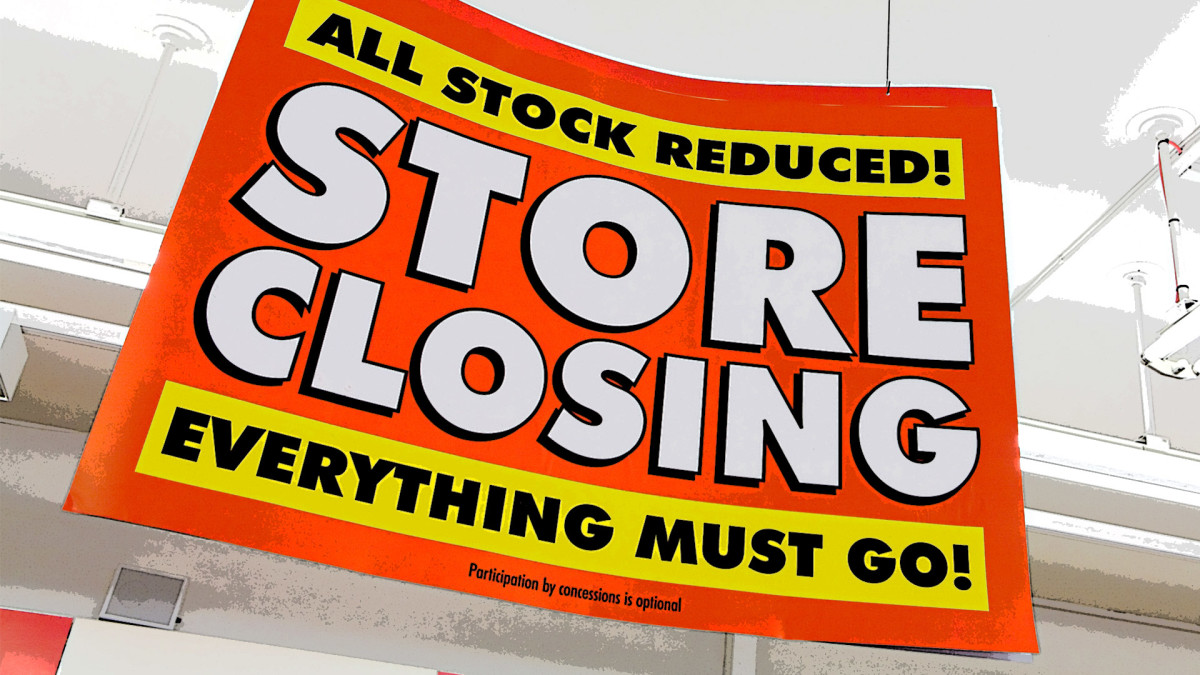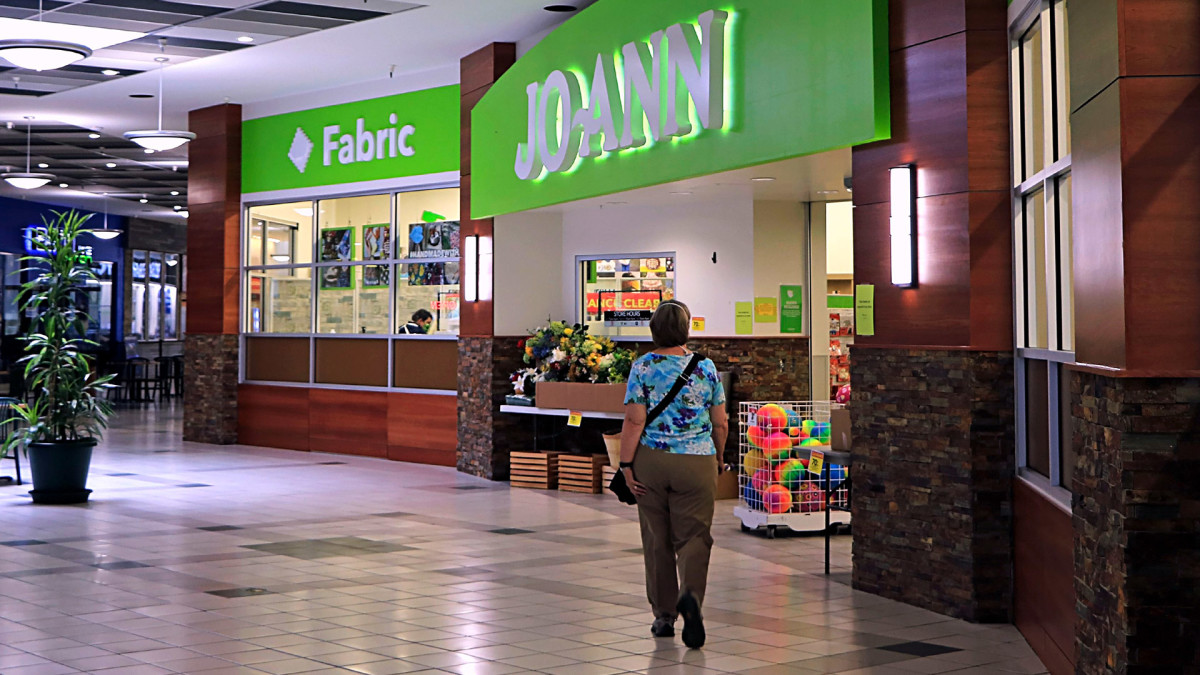
The past couple of years have proved difficult for the retail industry.
Sharp competition, high interest rates, a slew of bankruptcies, and consolidation — smaller companies being gobbled up by larger ones — have made for a tough environment.
Related: Walmart sets it sight on a $840 billion market
This troubling trend was made worse by the Covid pandemic, which forced most stores to close for at least some time, leaving only the strongest to come out on the other side fully intact.
However, the store closures were only the beginning of U.S. retail issues.
Debt has become more expensive for everyone, and most companies can no longer afford to take risks to grow their businesses. Instead, most retailers have been in survival mode over the past five years, and many of them aren't out of the woods.
While 2024 wasn't a record year for bankruptcies, more than half a million businesses filed during the year — a 14% uptick from a year earlier.
Most of the affected retailers are specialty or niche-interest retailers, such as Party City, Body Shop, and Bowflex.
Most of these bankruptcies came abruptly, with popular cafe chain Foxtrot informing employees and customers on the same day that it wound down operations.
But the giants weren't exempt. Big Lots, Red Lobster, and Express, all popular suburban plaza or mall companies, also filed last year.

Image source: Getty Images.
Popular retailers find trouble in many places
Many of these companies have something in common. They either operated in malls, which are increasingly unpopular, or they operated increasingly unpopular business models.
Malls, for one, have declined in popularity over the past decade for many reasons. Foot traffic began to decline as the giants, both online and in stand-alone big box stores — offered more convenience and cost savings than traditional mall retailers.
For example, if you've ordered something from Wayfair instead of visiting your local Sears, you probably understand why.
Related: Walmart, Costco, Target make major 2025 announcement
To that end, it became increasingly more difficult for malls to justify the high rents they demanded from tenants for access to foot traffic. Many mall retailers thus entered something of a death spiral as the problem perpetuated itself. Covid was a nail in the coffin.
It's not just malls and their accompanying retailers, though. Retailers catering to niche interests — such as Party City and Body Shop — work for focused population selections. And when that interest dries up, or giant competitors offer similar goods and meet customers where they already are, business turns sour.
A troubled retailer makes difficult decision
And since many giants now carry out a majority of sales in the U.S., niche companies are finding it harder to survive.
One such company is Joann Fabrics, which has struggled financially over the past year.
In March 2024, Joann filed for Chapter 11 bankruptcy due to declining sales, a dwindling customer base, and mounting debt. It is no longer publicly traded, and while it exited bankruptcy in April and claims that 96% of its more than 800 stores are profitable, things still aren't exactly rosy.
Joann said in January that it would shutter nearly 10 stores as a part of a "routine" closure. They are located in:
- Iowa: Burlington
- Maryland: Owings Mills, Cockeysville
- Massachusetts: Holyoke
- New York: Ithaca
- North Carolina: Hickory
- Pennsylvania Hermitage, Williamsport
Joann isn't out of the woods yet. A recent report by Bloomberg claims Joann has brought on a team of advisers to assist it with further liquidity issues. Joann declined to comment on the matter.
Related: Veteran fund manager delivers alarming S&P 500 forecast







